T4K3.news
Missed early cancer checks trigger calls for faster diagnosis
Alice Greaves was told she was too young for cancer, but the disease progressed to the brain, underscoring gaps in early diagnosis.
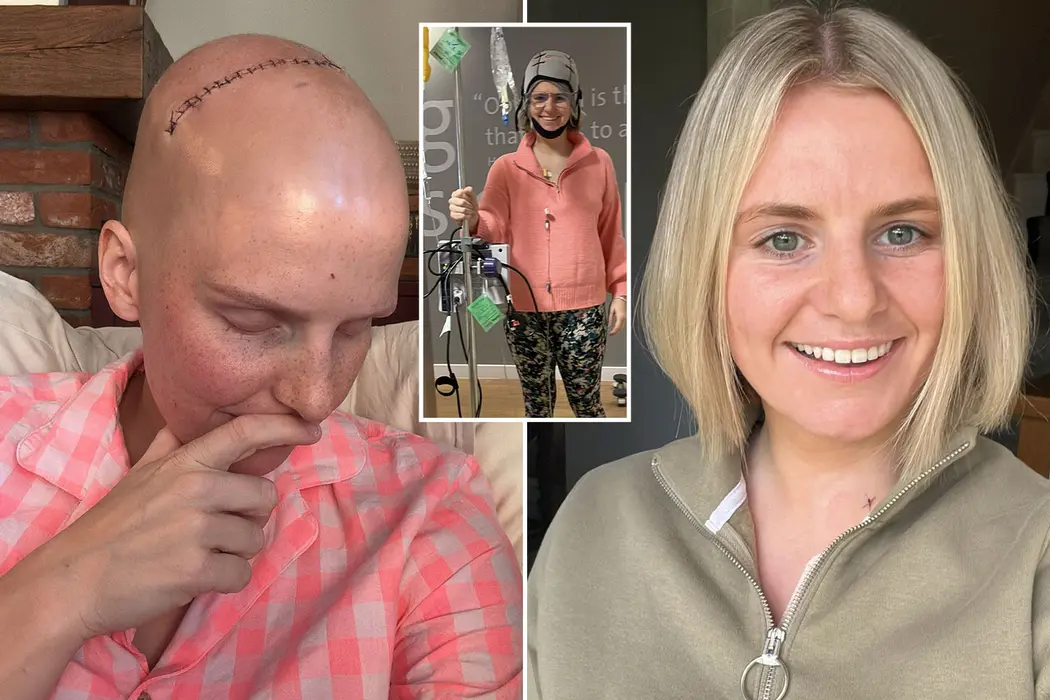
Alice Greaves was told she was too young for cancer, but the disease later spread to the brain, highlighting gaps in early diagnosis.
Missed early cancer checks trigger calls for faster diagnosis
Alice Greaves, from a village near Leicester, first noticed a lump in November 2022. She claims the GP refused to examine it over the phone, saying she was too young and that the lump was unlikely to be serious, possibly a pectoral muscle from workouts. After a friend was diagnosed with breast cancer, she pressed for a face to face assessment in February 2023. A clinician examined her and diagnosed stage three breast cancer. She began chemotherapy in March 2023 and had a life saving double mastectomy in August 2023. In May 2024 doctors said the cancer had progressed to the lungs, and she received radiotherapy. In March 2025 she was told the cancer had spread to her brain. She underwent emergency brain surgery in June 2025 and was recovering well by late July, with a plan for a scan in eight to 12 weeks to check for changes. A Leicester health system spokesperson urged people with persistent concerns to seek in person checks, saying early diagnosis improves outcomes.
Key Takeaways
"You know your own body and if something does not feel right you should trust your gut and pursue it"
Alice on listening to one's body
"I was told I was too young to get breast cancer"
Alice describing initial remark from a clinician
"I chose fight and I have literally not stopped fighting since"
Alice about her response to diagnosis
"Early diagnosis improves outcomes"
Healthcare professional remark used to frame policy
This case shows how age based assumptions can delay care. Dismissing a lump in a young patient risks letting cancer go unchecked. The delay allowed the cancer to spread to the lungs and later the brain, making treatment more difficult and raising the stakes for families. The story also points to a need for policies that support timely in person assessments and empower patients to advocate for themselves. It underscores the value of clear communication between doctors and patients and the importance of accessible primary care. It raises questions about how the health system addresses cancer in younger people and how to prevent similar delays in the future.
Highlights
- Trust your gut no matter what age
- If something does not feel right push for a check
- Age should not silence a cancer alarm
- Early testing saves lives even for young patients
Misdiagnosis risk due to age bias
The article centers on a patient who was told she was too young for cancer, leading to a delay in examination and a progression of disease to the brain. This raises concerns about diagnostic bias, access to in person checks, and the emotional toll on patients who push for care.
Early testing saves lives and listening to patients matters
Enjoyed this? Let your friends know!
Related News
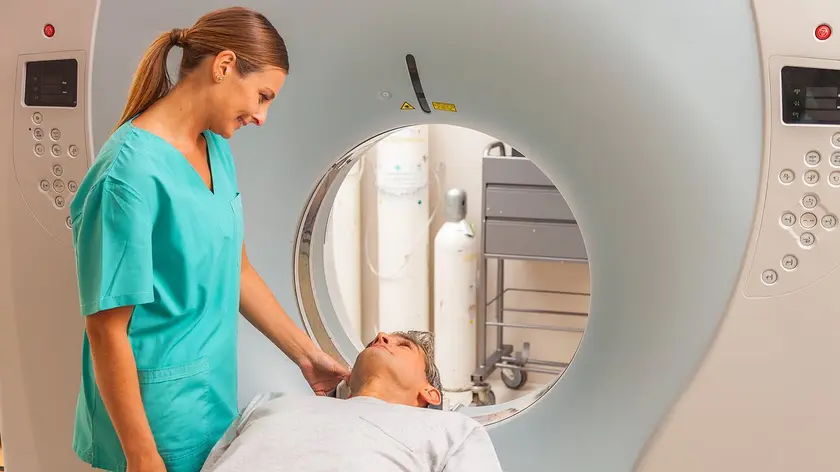
Prostate cancer screening gains public support
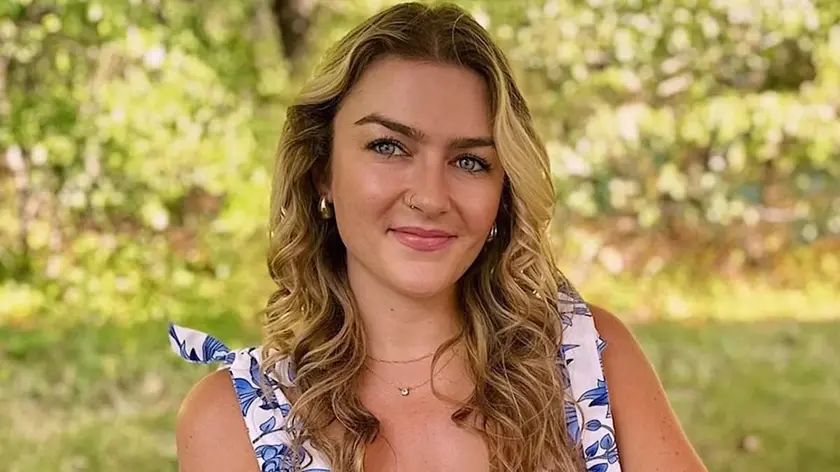
Oura ring signals cancer months before doctors diagnose
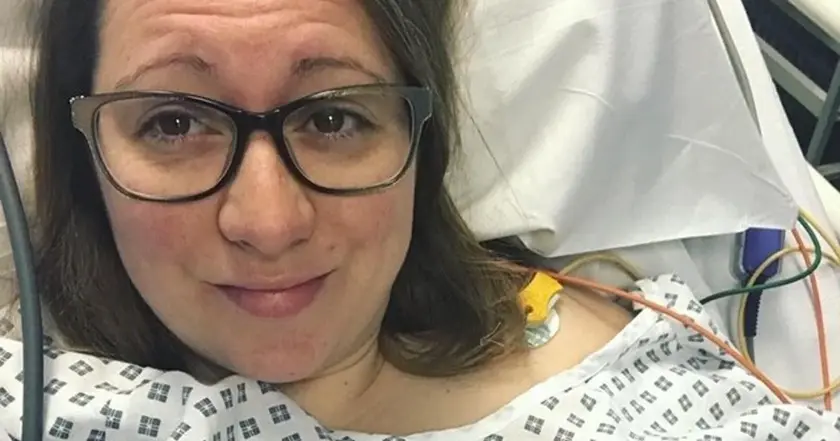
Cervical cancer diagnosis underscores screening importance

Raising awareness of heart valve disease in women

Dad diagnosed with brain tumor after strange symptoms

Danielle Lloyd updates fans on skin cancer surgery
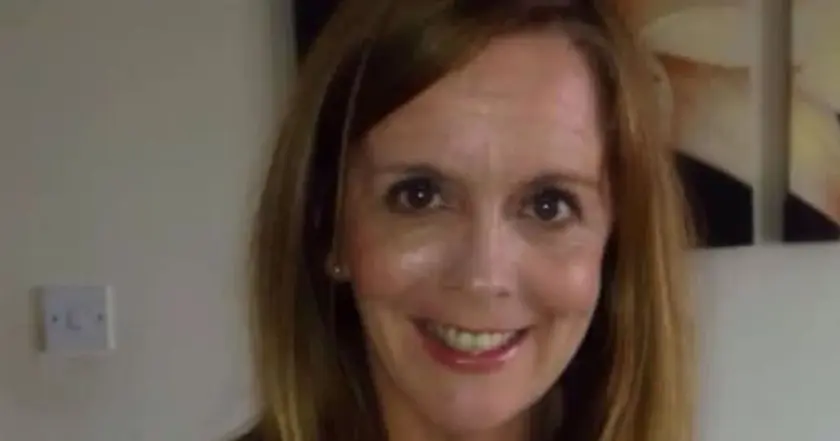
Caregiver for wife with early onset Alzheimer's faces daily battles

Liver cancer cases could double by 2050
